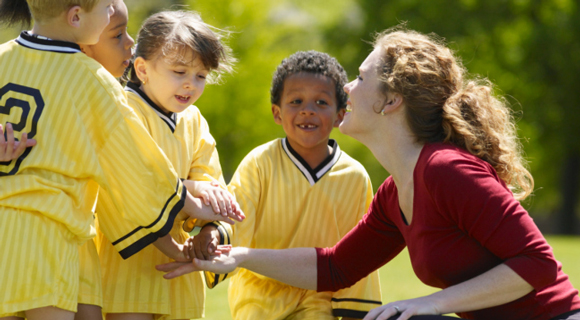
Bullying: Signs a child is bullied
Children who are being bullied may be embarrassed and not want to talk about it. Be aware of the signs that your child is being bullied so you can help resolve the problem.
If your child is being bullied, he or she may:
- Have physical injuries. Bruises, cuts, scrapes, and scratches are common.
- “Lose” items frequently. Bullying often includes taking belongings or stealing lunch money or prepared lunches. Your child may come home from school without favorite toys, clothes, or other items. He or she may also come home very hungry from having missed lunch.
- Sleep poorly and develop frequent headaches, stomachaches, and other physical problems. Or your child may pretend to be sick or make other excuses to avoid certain people or situations.
- Cry frequently or act differently. For example, a usually outgoing child may suddenly become withdrawn and sad. A shy child may become overactive and aggressive.
- Not speak or show fear when certain people or situations are mentioned.
- Suddenly receive lower grades or develop learning problems.
- Talk about suicide.
Current as of: November 14, 2014
Author: Healthwise Staff
Medical Review: Susan C. Kim, MD – Pediatrics & Frederick P. Rivara, MD, MPH – Pediatrics
This information does not replace the advice of a doctor. Healthwise, Incorporated disclaims any warranty or liability for your use of this information. Your use of this information means that you agree to theTerms of Use. How this information was developed to help you make better health decisions.
To learn more, visit Healthwise.org
© 1995-2015 Healthwise, Incorporated. Healthwise, Healthwise for every health decision, and the Healthwise logo are trademarks of Healthwise, Incorporated.





